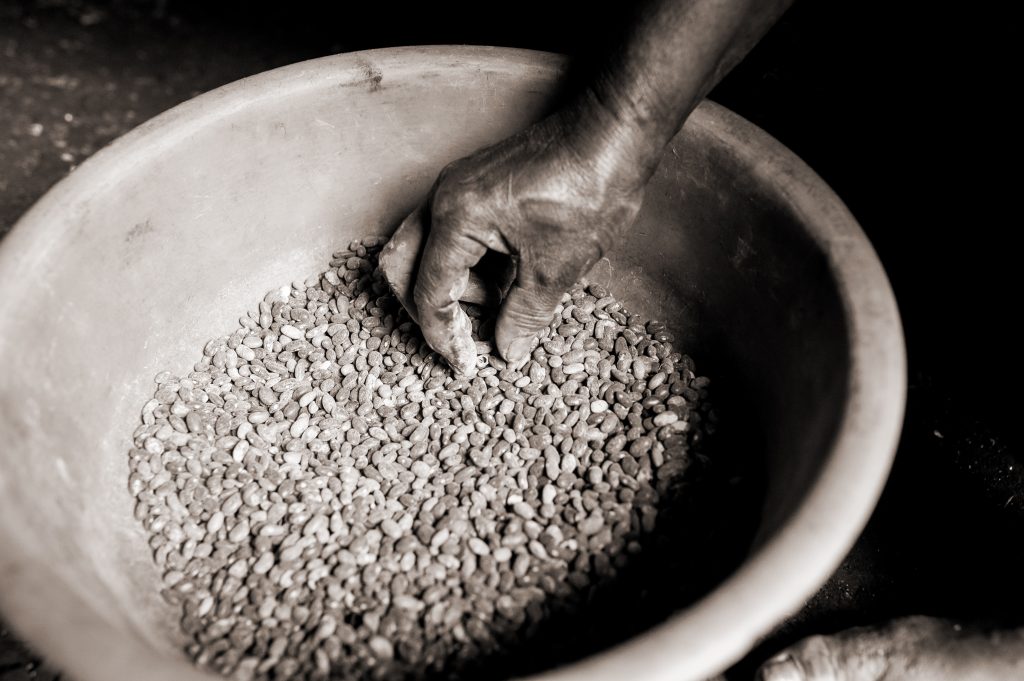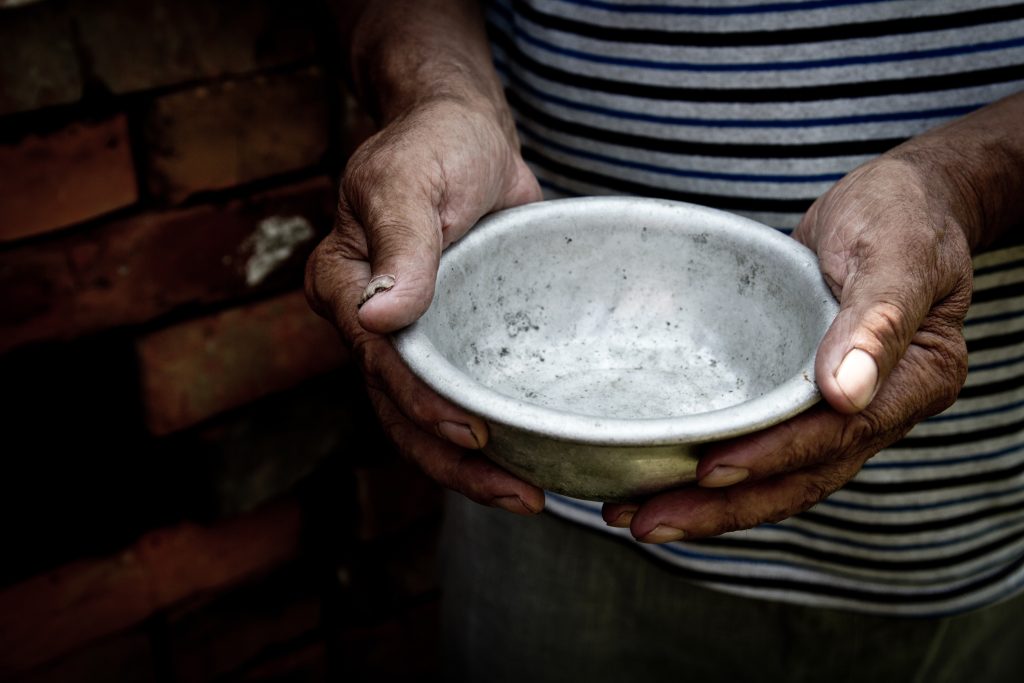The forthcoming issue of African Security Review is a special issue on African Peace Missions and Security Sector Governance, including several articles by researchers affiliated with WPF’s African Peace Missions research program. You can now access Alex de Waal’s contribution, “Peace and Security Sector in Sudan, 2001 – 2011”. Below is the abstract, with the full article available on the journal’s website.
This paper examines how contests over military control were played out during peace negotiations and in the implementation of agreements (including the manipulation or violation of the terms of agreements) in Sudan between 2002 and 2011. The cases examined are the Comprehensive Peace Agreement (CPA) of 2005, the Darfur peace talks which took place from 2003 to 2011, and the post-referendum arrangements talks of 2011. The central arguments presented are as follows: the principal political players consistently sought control over the military as a main component of their political strategies; senior military officers posed a threat to the power of nominally civilian leaders; security arrangements were determined by a combination of the leaders’ calculations over their internal power base along with their expectations of ongoing or anticipated armed conflicts; and external programmes and policies for security sector reform were manipulated and instrumentalised in pursuit of these power goals.


